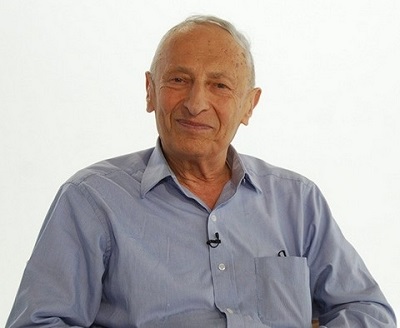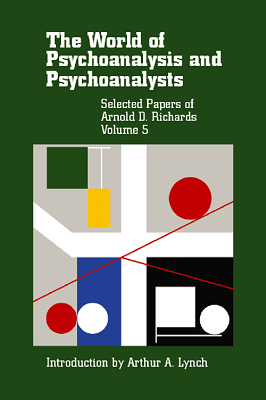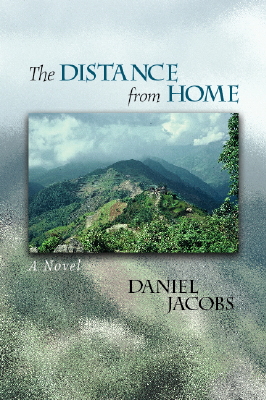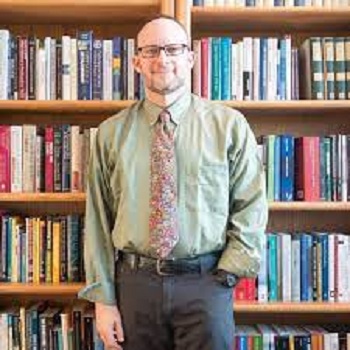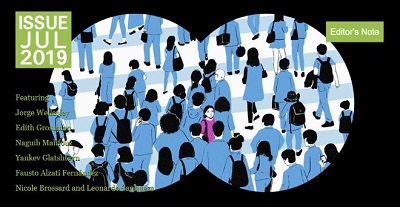Click Here to Read: Review of the Way it Ends in the Scarsdale Inquirer.
Ted Jacobs’s new novel, The Way it Ends, grips the reader from its opening pages. Jacobs’s protagonist Dr. Strickman, a psychoanalyst turned amateur gumshoe, sets off to uncover how his brother died–murder or suicide? A subplot of Israeli Palestinian conflict masterfully adds depth and tension to this engaging, dark and, yet, humorous tale.
—KERRY MALAWISTA, PHD author of the novel, Meet the Moon.
“A great read that touches the heart. As moving as it is intriguing.”
—ANDREW POTOK, author of Ordinary Daylight
THEODORE J. JACOBS, MD is Clinical Professor of Psychiatry, Emeritus, at The Albert Einstein College of Medicine and Training and Supervising Analyst at The New York Psychoanalytic Institute and The Institute for Psychoanalytic Education where he is also a child supervising analyst.
Dr. Jacobs attended Yale University (BA) with a major in English, and The University of Chicago School of Medicine, MD, 1957. He took his training in psychoanalysis (adult and child) at the New York Psychoanalytic Institute and his psychiatric residency at the Albert Einstein College of Medicine. He is the author of Communication in the Analytic Situation and The Possible Profession: The Analytic Process of Change, 70 papers, his first novel The Year of Durocher, and also republished The Use of the Self: Countertransference and Communication in the Analytic Situation with IPBooks. He is on the editorial board of several analytic journals.
